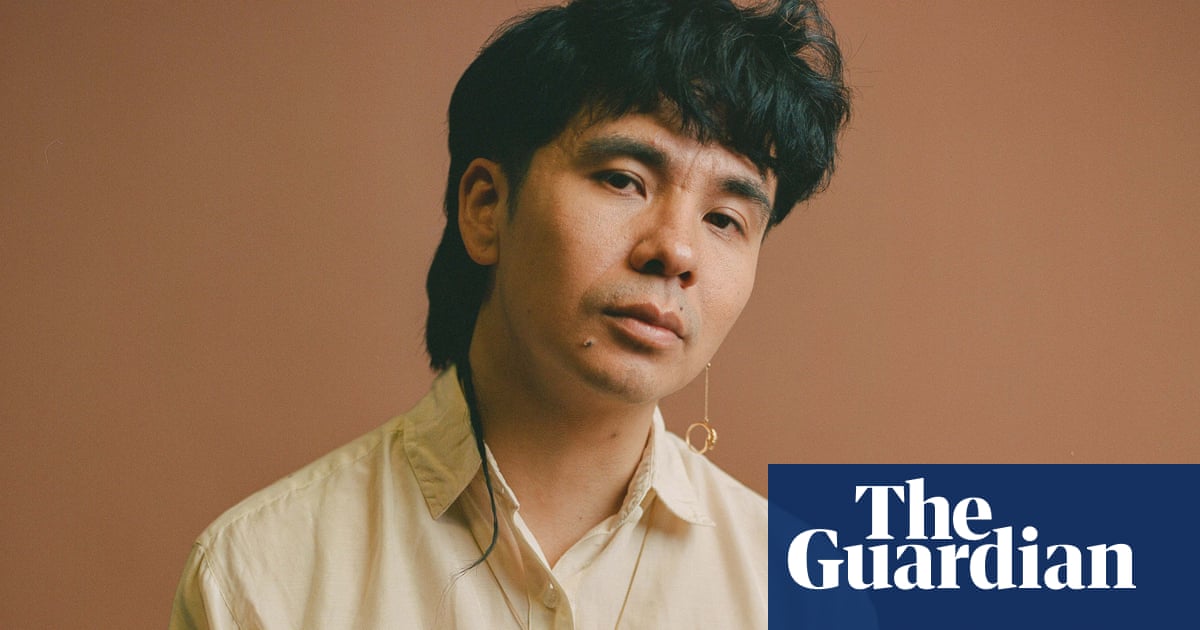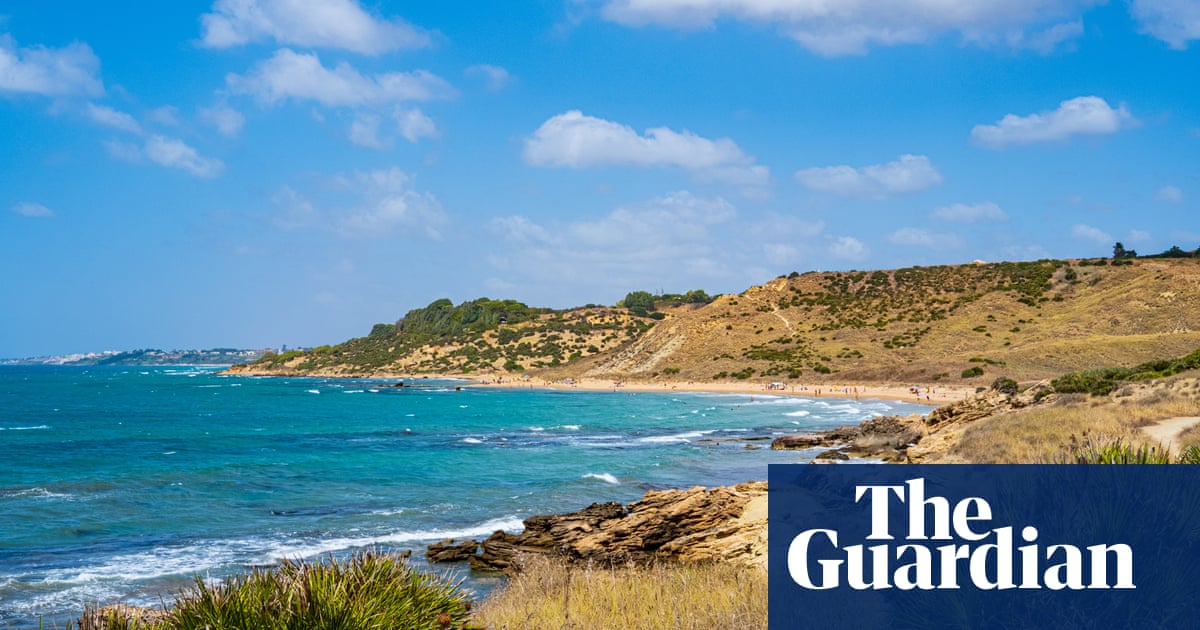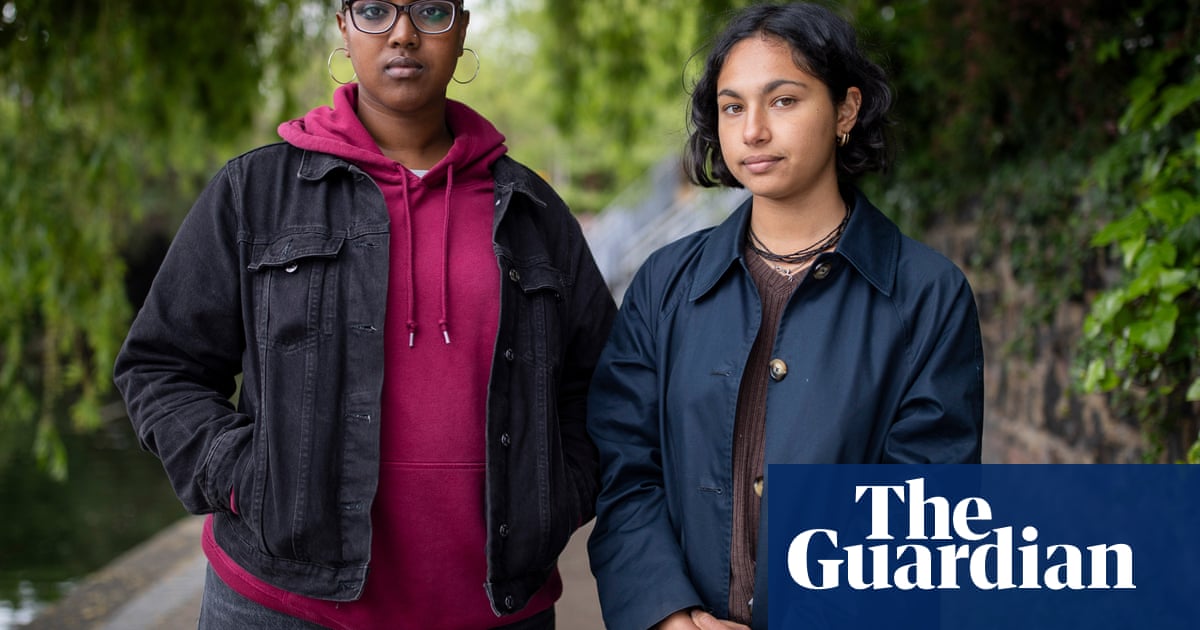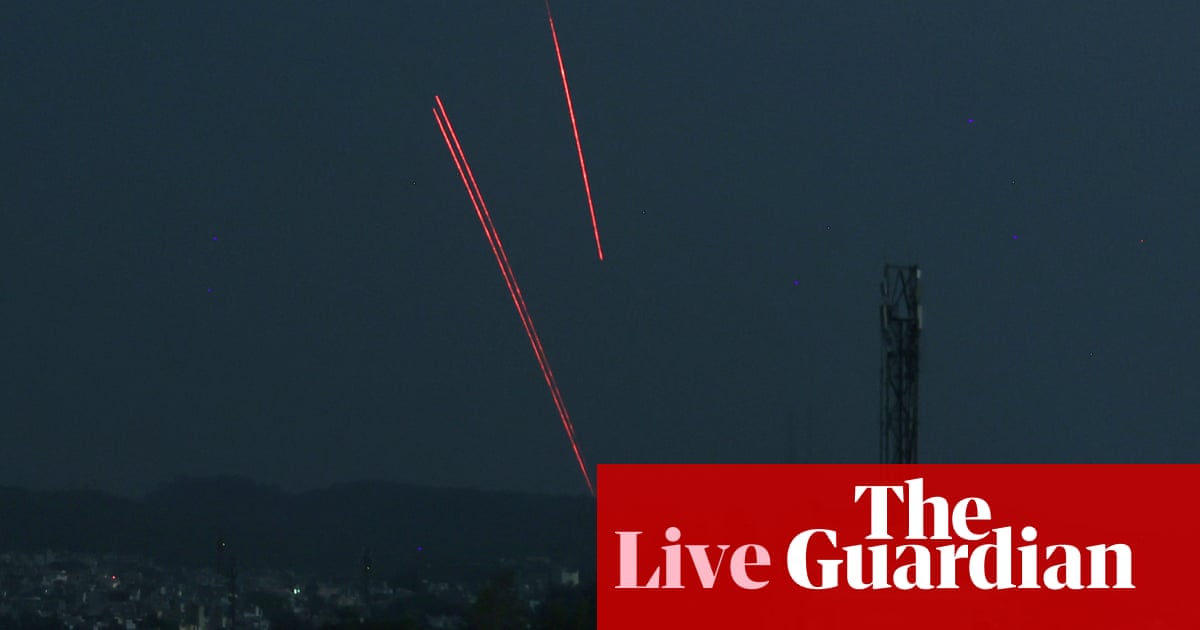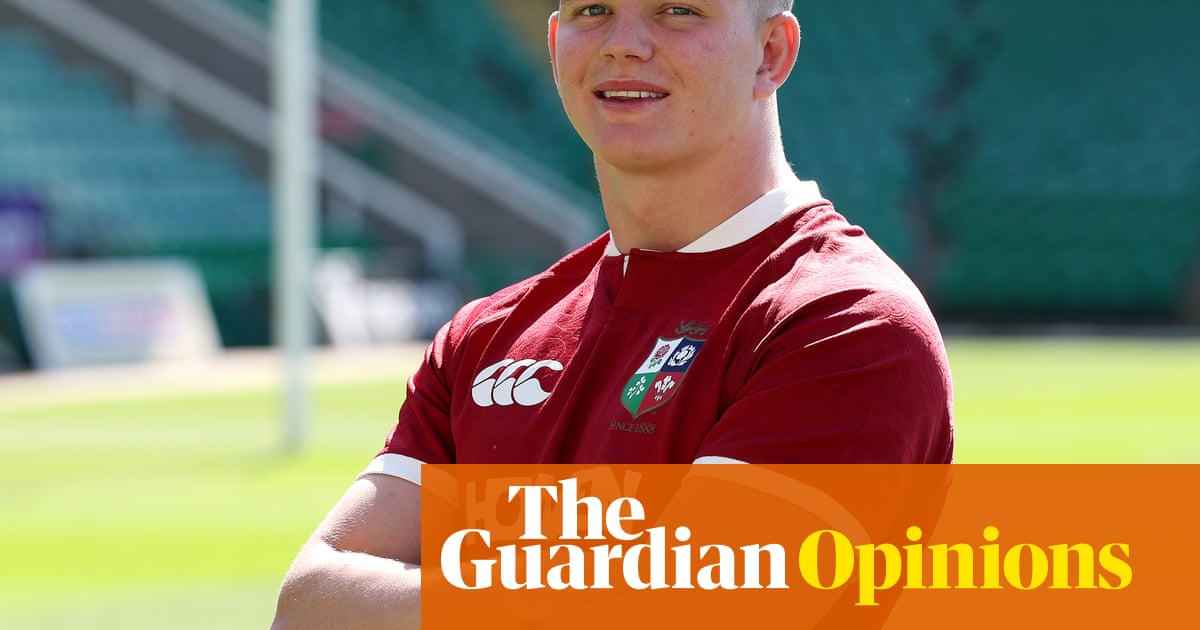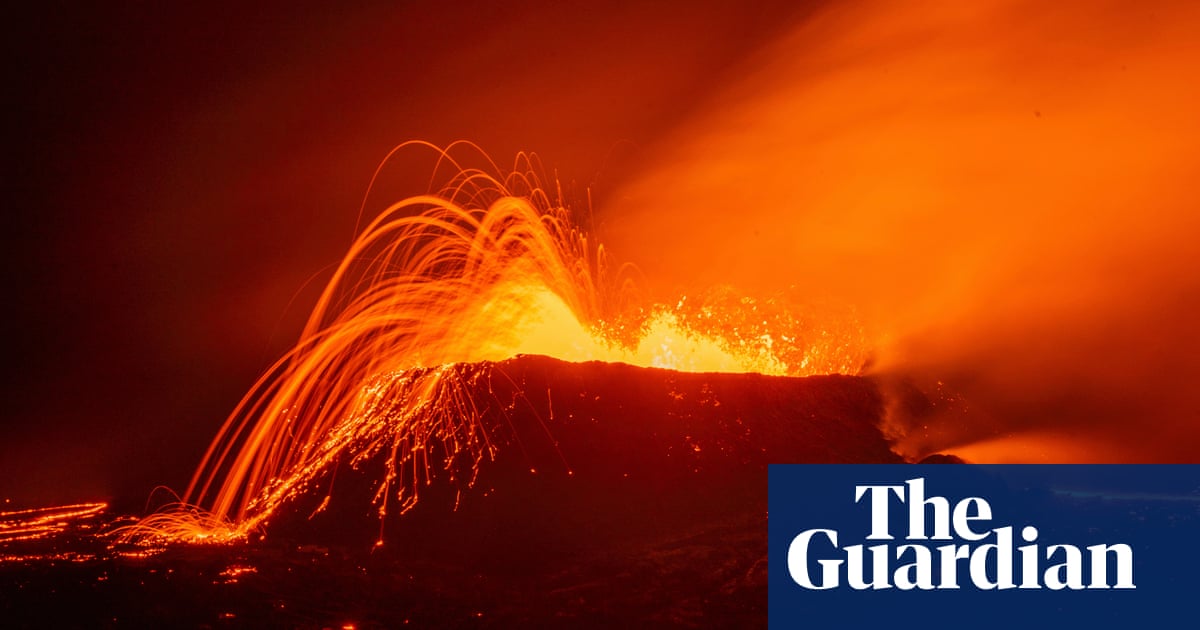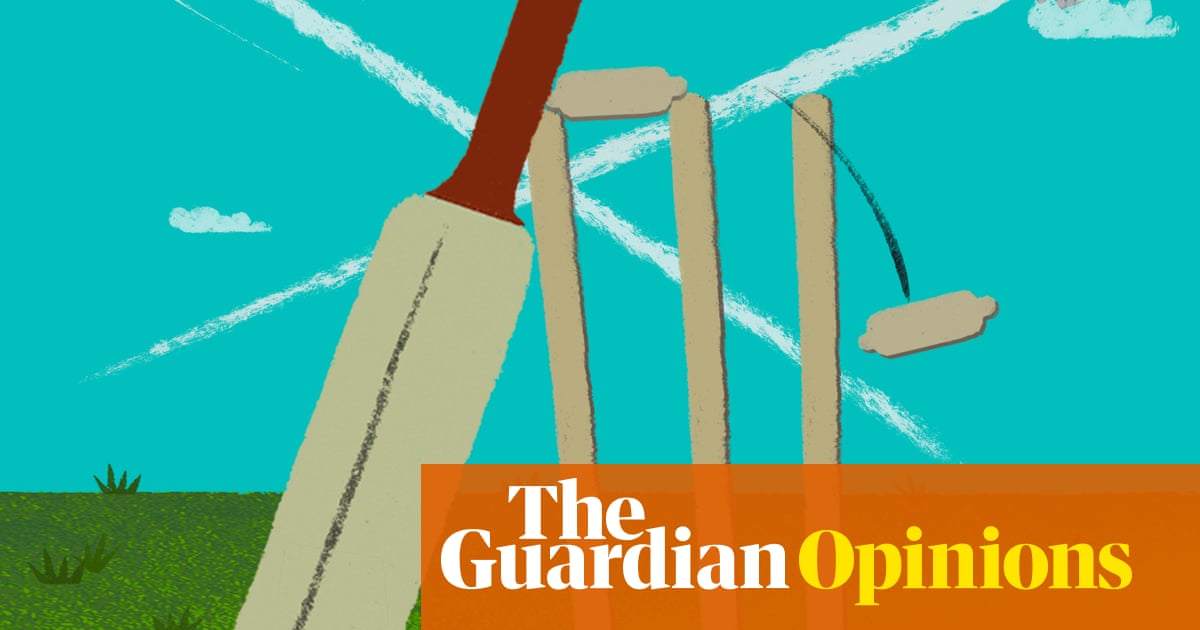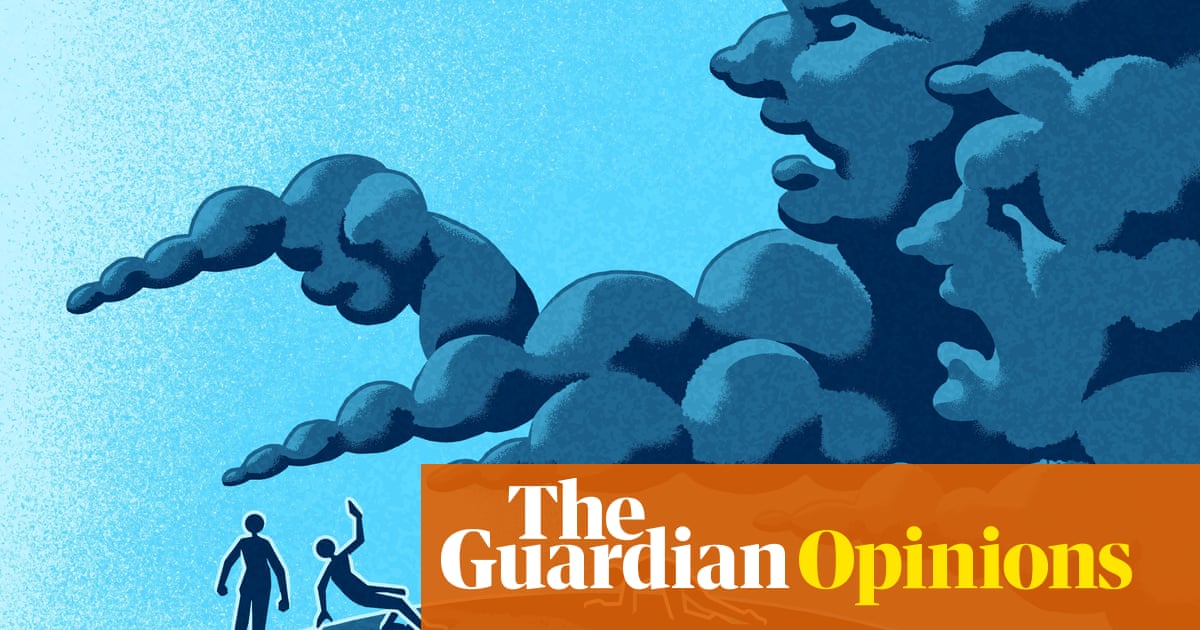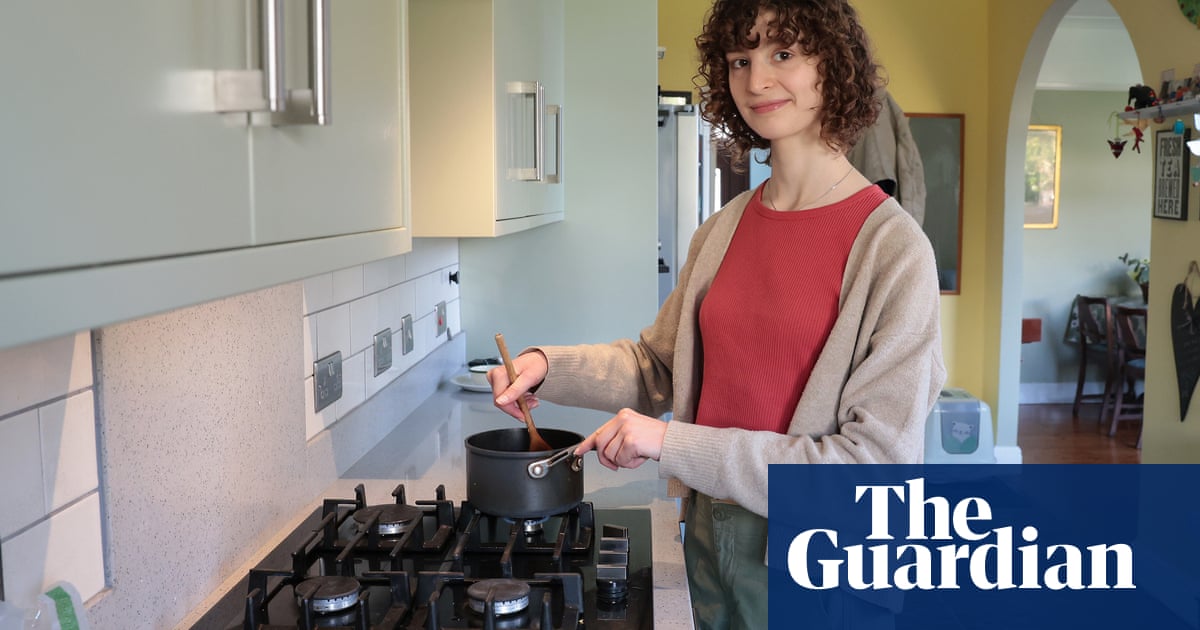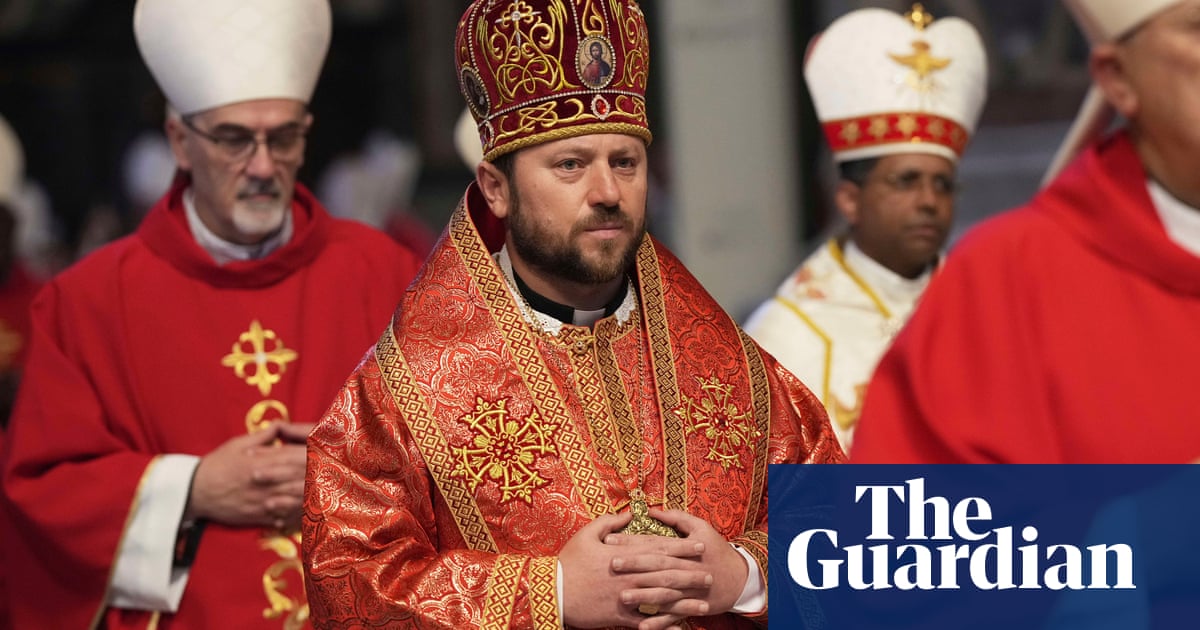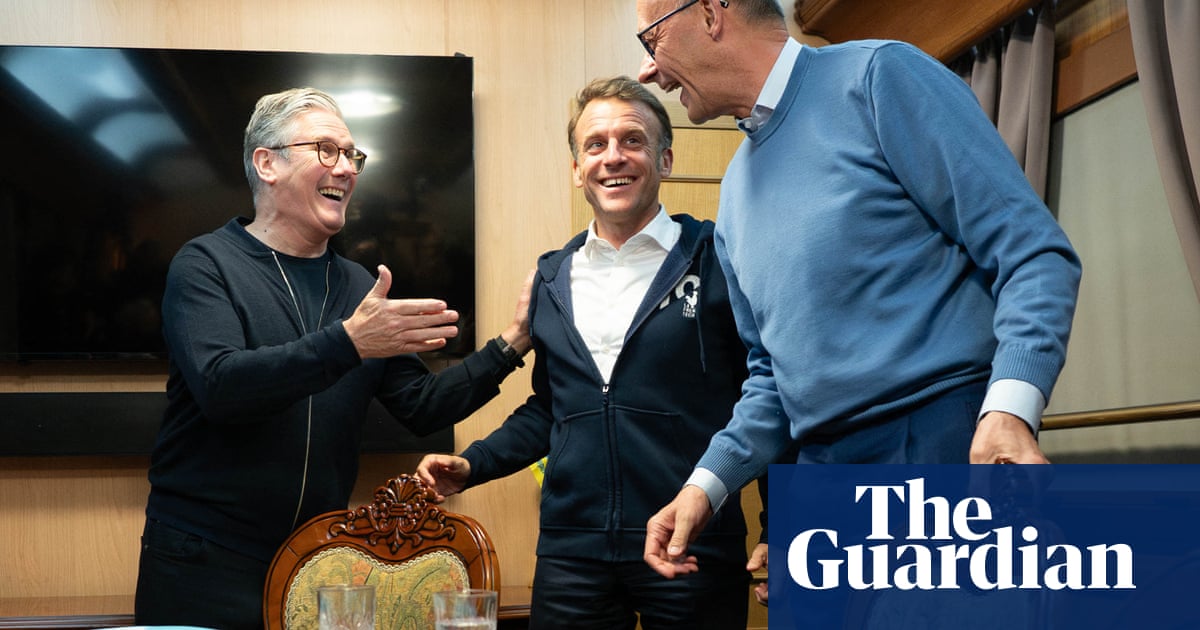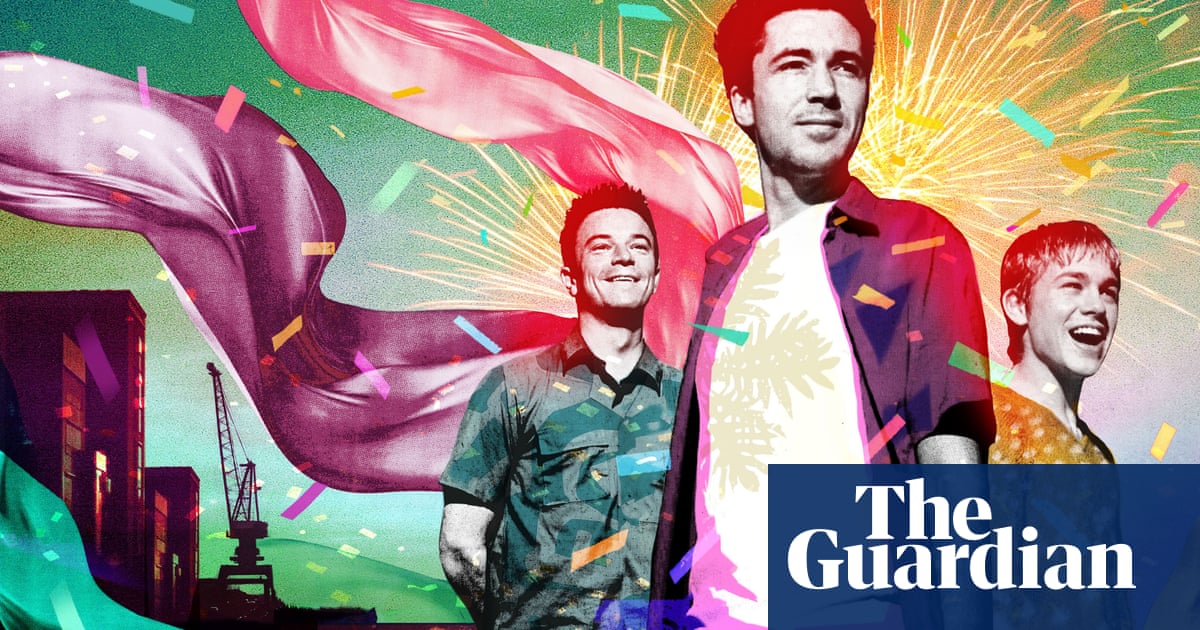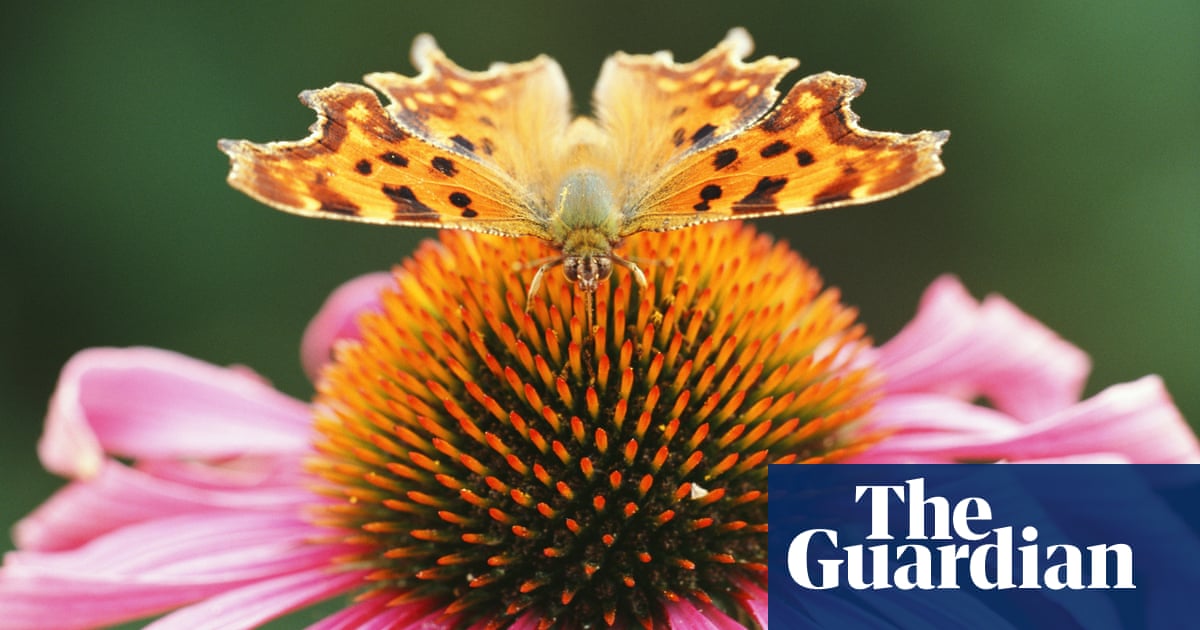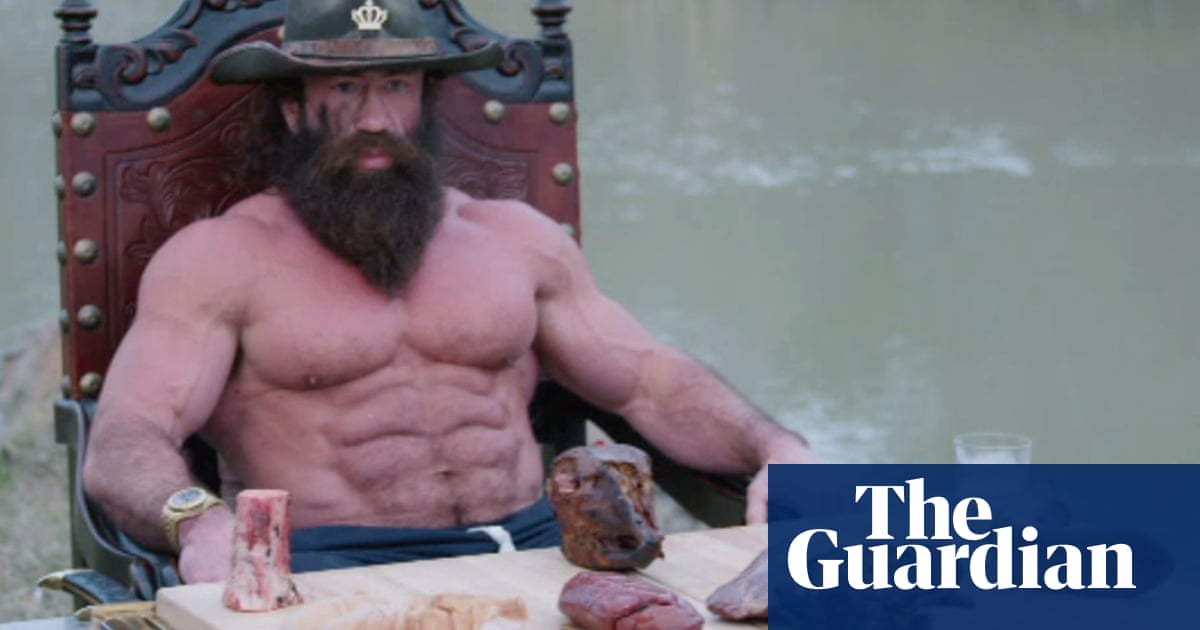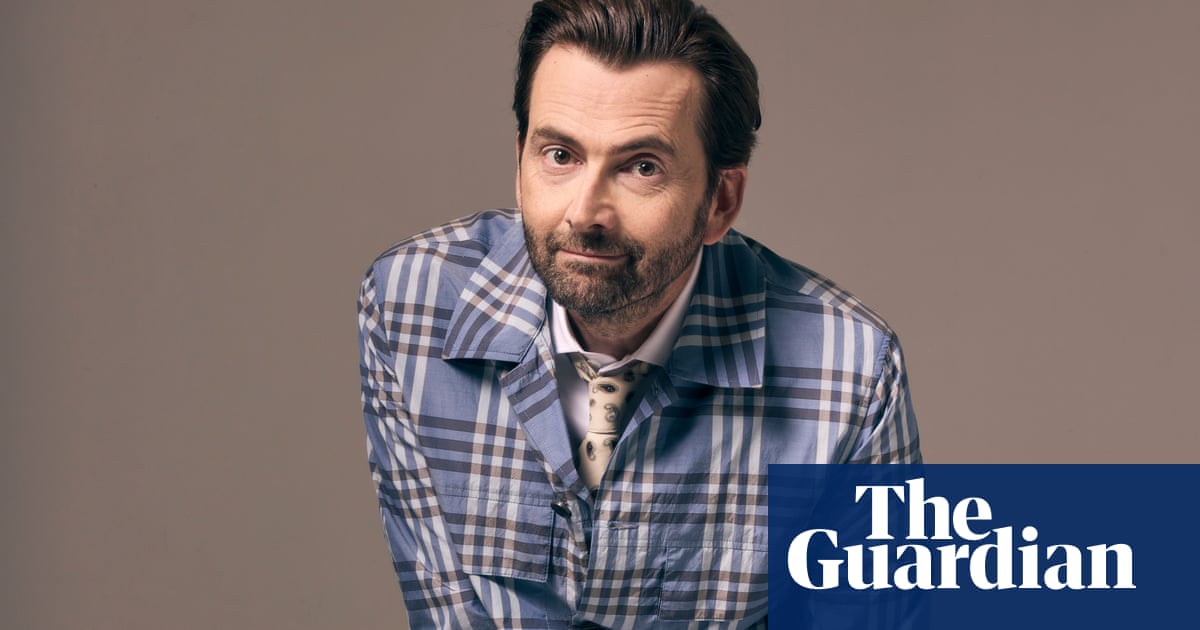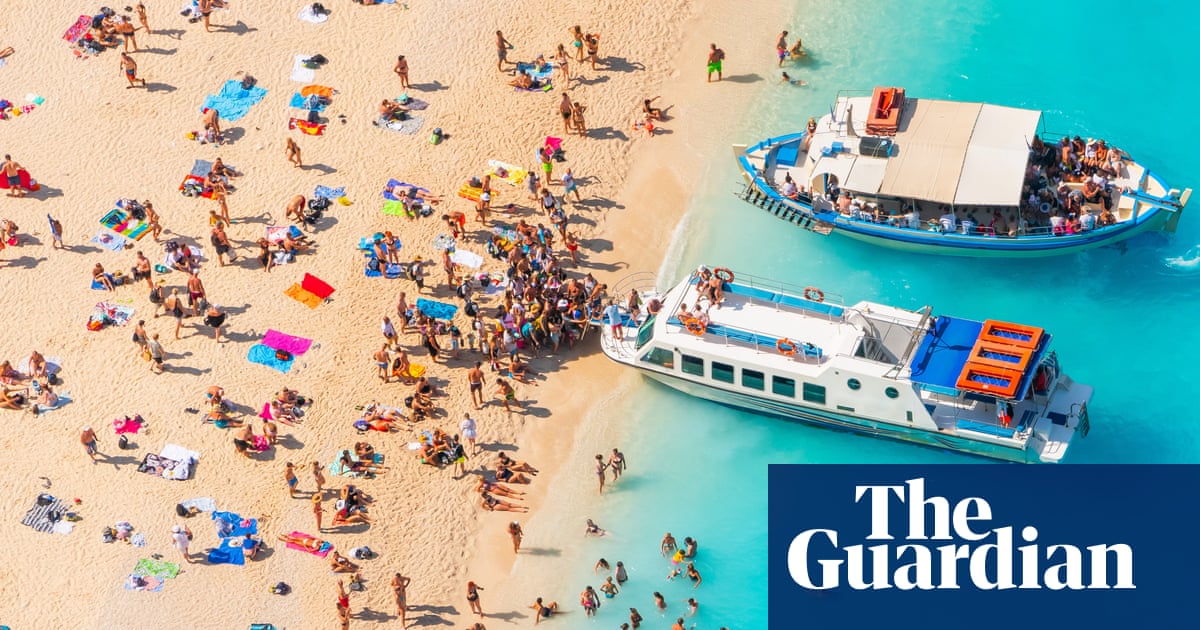Everyone agreed it was the best camp they’d ever been to. The most fun. There was an interpretive dance class. Successful jump drills were met with high-fives all around. On the day of the Chinese new year, the kids all went out for hot pot. And parents and coaches, regardless of athlete rivalries, intermingled in camaraderie; when one parent noticed a coach’s voice grow hoarse, they pulled a ginger shot from out of their purse, handing it to her with a smile.
National development camps, such as the one that took place following the US figure skating championships in Wichita last week, are held for the highest performing juvenile, intermediate and novice skaters. The young athletes with the greatest potential are offered this chance to watch the stars of their sport compete, and then learn from some of the most elite coaches in the country.
“They just made the environment really, really special,” said Anne Goldberg-Baldwin, coach and technical specialist on competition judging panels, who was present at the camp. Her student, Spencer Lane, was on the American Eagle flight 5342 that crashed late Wednesday night following a collision with a Black Hawk helicopter. With him were several other skaters from the camp, their coaches and their parents, and the loss has ripped a hole in the figure skating community.
“These were the country’s youngest and brightest rising stars. They were the next generation,” said Melissa Gregory, a US Olympic ice dancer and coach. “We’re all such a tight family, and it just hurts, and I think we all are going to really feel this pain and this loss for a long time.”
Gregory, along with her husband and skating partner Dennis Petukhov, had been particularly close friends with Evgenia Shishkova and Vadim Naumov, the 1994 world champions and two-time Olympians, who were also on the plane returning from Wichita. Petukhov had known the couple since the 1990s, training and coaching together in Russia, before each making their way to the United States. They had performed in shows together, traded coaching tips and helped each other’s students. Their lives became closely intertwined as the two couples built their skating schools in Connecticut.
“It’s hard to comprehend that such high-level professionals, I would say the top of the top, can be gone. These are the type of people that are role models – you could admire everything about them,” Petukhov said.
Shishkova and Naumov made it a habit to bring young, talented coaches under their wing, engaging them as choreographers and team members. In a sport where it’s not uncommon for coaches to silo their students and form rivalries, they did the opposite.
“I enjoyed every second working with them,” choreographer Adam Blake said. “We were such a great collaborative partnership. We trusted each other, and we listened to each other and we respected each other. But I just loved that we were more than work partners. We were friends.”
He described Shishkova as someone who, if anyone ever had a problem, would go straight into “Mom mode”. And it’s her role not just as an accomplished, expert coach, but as a tiny, fierce mama bear that most mention.
Shishkova and Naumov had been coaching at the Skating Club of Boston, where they trained their son, Maxim Naumov, the 2020 junior national champion who finished fourth at last week’s senior nationals, among many others who travelled to learn from them. Petukhov said that one of his favorite memories of the couple will be helping to coach Maxim from a young age, watching him grow into the elite international athlete he is today. “It was very pleasant and very nice to see that not only our friends had always done well, but their son, Maxim, is also following their footsteps.”
The couple also coached Lane, the super-talented 16-year-old skater who had gone from watching an outdoor Christmas ice show and telling his mom he thought he could do that, to just a few years later landing triple-triple combination jumps at the national development camp. Both Blake and Goldberg-Baldwin said Lane was one of the most natural skaters they had ever worked with. They each expressed how you could give him a correction, or a new skill to learn, and something that would take other children weeks or months to master, he would simply skate across the ice and accomplish.
“He just had such a passion for the sport,” said Blake. “He was completely all in. And not just the skating side, but also with the community side. Everyone at the rink loved him. All the kids gravitated towards him.”
His mother, Christine, was far from the image of a pushy skating mom, Goldberg-Baldwin said. She often asked what to do, and where they were supposed to be – his rise through the ranks had been so fast, that unlike other parents, she didn’t have the years of watching her child grow from lower levels to gain experience. Her sincerity, and commitment to supporting her son was consummate.
Blake also had worked with Jinna Han, the 13-year-old who had just made it to the development camp for the first time. He described her as a firecracker, with so much energy it seemed like she could burst, but always with a ready smile and an excited “Hello” whenever you saw her.
“She was always in the director’s chair,” Blake said of working with her on choreography and performance skills. “She knew what she wanted. She knew where she wanted it. She was the boss. She had just such a wonderful spirit about her.”
He described her parents as a unit, one or the other sitting watching her skate in the early mornings, fully enmeshed in the community. Always supportive, always friendly.
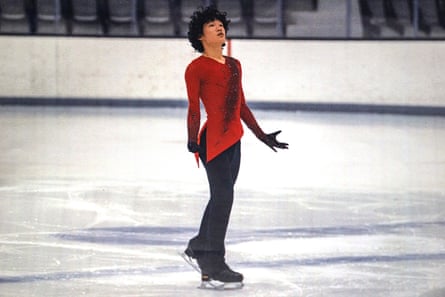
Blake said that he arrived back at the rink in the days after the crash, unsure what to do. It’s a new skating season for the younger skaters, and it’s time to make new routines. Along with Shishkova and Naumov, he had been in the process of choosing the best music for each child and their progress through the next year. Normally, the head coaches would have blocked out the elements of the programs. First a jump, then a step sequence, the rules and the requirements of the sport guiding them. Now, Blake doesn’t know where to begin. And returning back to the rink with so many faces gone was perhaps the most difficult.
“It was a really heavy feeling walking through the doors,” he said. If he closes his eyes, the habits and rituals of each one gone is so clear. “There are certain places in the rink, where you can see where they would sit to lace up their skates. You can see where they would be warming up. You can see them circling the ice.” When he goes into the skaters’ lounge, it’s almost as if Shishkova and Naumov are still there. She would be sitting curled up on her chair in breaks, playing games on her phone, with Naumov on his rare breaks sitting nearby.
The Skating Club of Boston held several vigils for their community late last week. Goldberg-Baldwin said that nearly 200 people showed up on Thursday, giving speeches, crying together and remaining in long-lasting hugs. So far, with the world championships coming up in March, set to be held in Boston, plans are being made for further memorials and performances from the skaters who loved those lost. But right now, it’s just one day at a time.
“We’re all wavering between disbelief and despair at the same time,” Blake said. “It’s absolutely devastating what has happened. And I think the skating community is reacting and really stepping up to that title of ‘tight knit community.’ The outpouring of support and of love is just it is truly amazing”

 3 months ago
57
3 months ago
57
